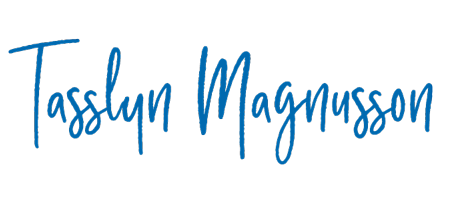 I remember the moment when Aimee Lucido told me she had an idea for a verse novel.
I remember the moment when Aimee Lucido told me she had an idea for a verse novel.
“Something with coding, cause it’s like music and poetry, and a young girl.”
I think that’s what she said. We were standing outside of our workshop during residency at the Hamline MFA program for Writing for Children and Young Adults. She knew I loved verse novels and she knew I was working on my own.
“Coding?” I said.
“Coding, you know, like programming, website stuff.”
My brain: Oh that stuff that pops up on the side when I accidentally hit buttons in Chrome? Shh. Don’t say that. Don’t be old.
Me – Actually out loud: “Cool. Sounds like, even though we’re not supposed to think about these things, super marketable. Send me a draft! I’d love to read it.”
Maybe a month or less after this conversation, Aimee sent me the first draft of Emmy in the Key of Code. (Or the sharable draft – we all know how authors have many, many, many, drafts).
I knew this was going to be exciting and probably super marketable. I mean, STEM and STEAM are a big deal.
I was confident it was going to be great writing. Aimee’s words are vibrant and explosive and fun on the page. Always. And I was intrigued by the coding aspect – even if I didn’t quite understand what that meant.
But what sold me once I started to read it, was Emmy. Here was a girl, kind of like I was (a very long time ago) trying to figure out how to be herself. How not to be what everyone wants her to be. A girl who discovers something that makes sense and something that she loves and transforms her world.
Emmy was magical. I fell in love.
And best of all, her language was poetry – don’t worry, we’re going to talk about this a bit more in my next blog post.
But first, I want to talk about what it’s like to watch a story unfold because getting to read Emmy in a few drafts and talk about the poems, talk about Emmy and Abigail, talk about family and craft – this was a surprise “new” writing experience that brought me such joy.
Writing is a vulnerable process. Sharing your characters, your story, with another person for the purpose of critique, that takes trust. Lots of writers have critique partners and beta readers and critique groups that evolve and grow as you develop as a writer.
 But I got to do something extra special with Emmy and Aimee. I got to watch this book go from idea to draft to draft to draft (and so many other
But I got to do something extra special with Emmy and Aimee. I got to watch this book go from idea to draft to draft to draft (and so many other
drafts) to query to agents to more draft to sold and to published.
I had no idea when I started at Hamline that watching someone else’s book unfold in front of you would bring me such joy. They didn’t tell us being asked to offer thoughts on a novel and watching your friend travel the publishing process with their character and story that I loved would be something so deeply satisfying and thrilling.
Thrilling AND challenging work! As I read Emmy in drafts, I had to think hard about verse novels, poems, about how we use the space on the page – from white space to line break – to help us tell our stories. Verse novels are hard things to write. Finding the story is part of the battle. But you’ve really got to feel like verse is the ONLY way this story can be told. That your characters live and breathe in a special land of poetry and through your story, we as your readers, join you in the adventure.
I am so grateful that Aimee welcomed me into Emmy’s story. Each time I read a poem from Emmy, I fell more in love not just with her story, but with verse novels. Verse – and coding which it turns out is incredibly poetic – is the only way Emmy could tell her story.
I can’t wait for you to experience Emmy’s world too. If you haven’t pre-ordered Emmy in the Key of Code – check out this link: bit.ly/EITKOC-booksmith. And amazon is bit.ly/EITKOC.
